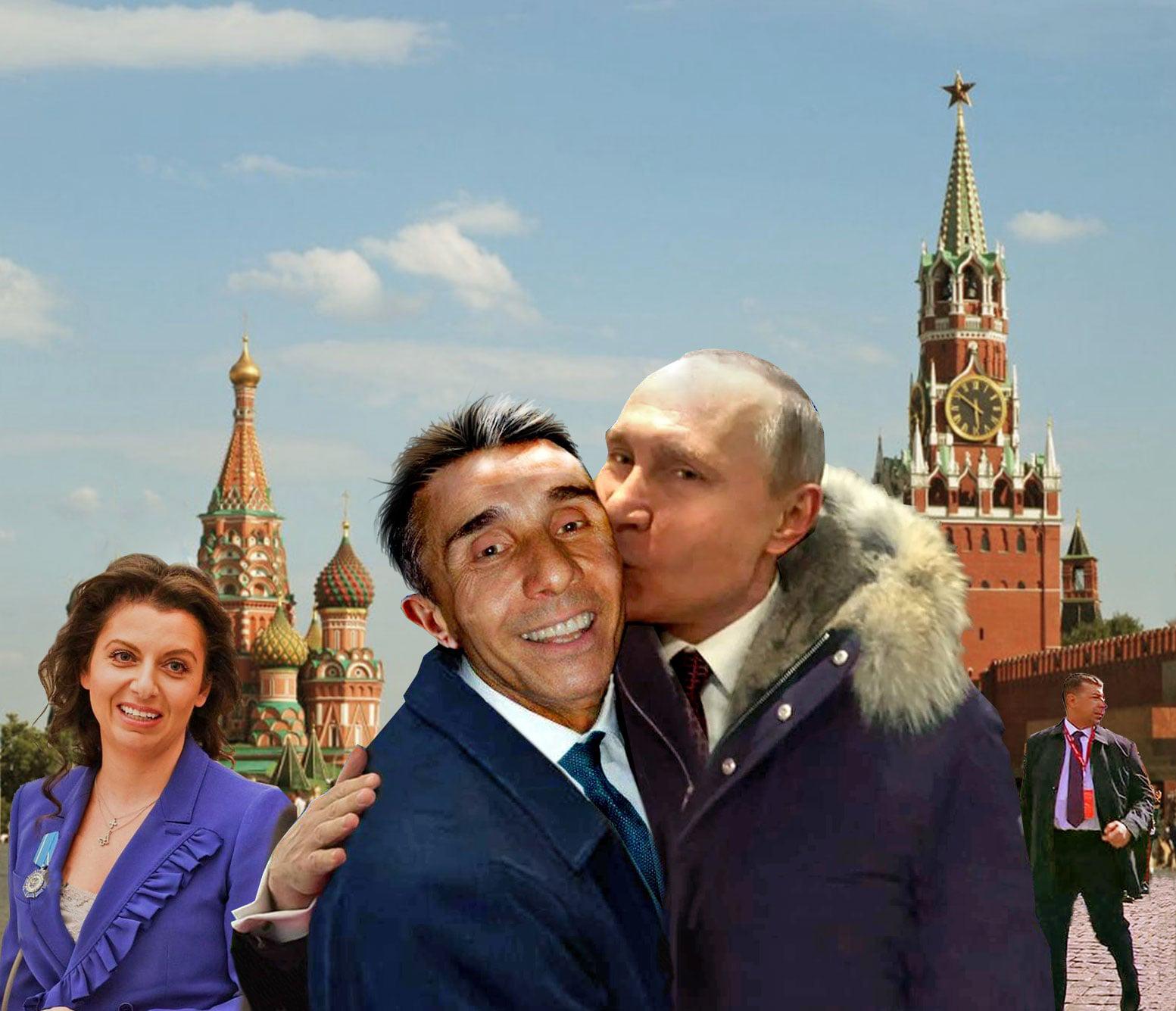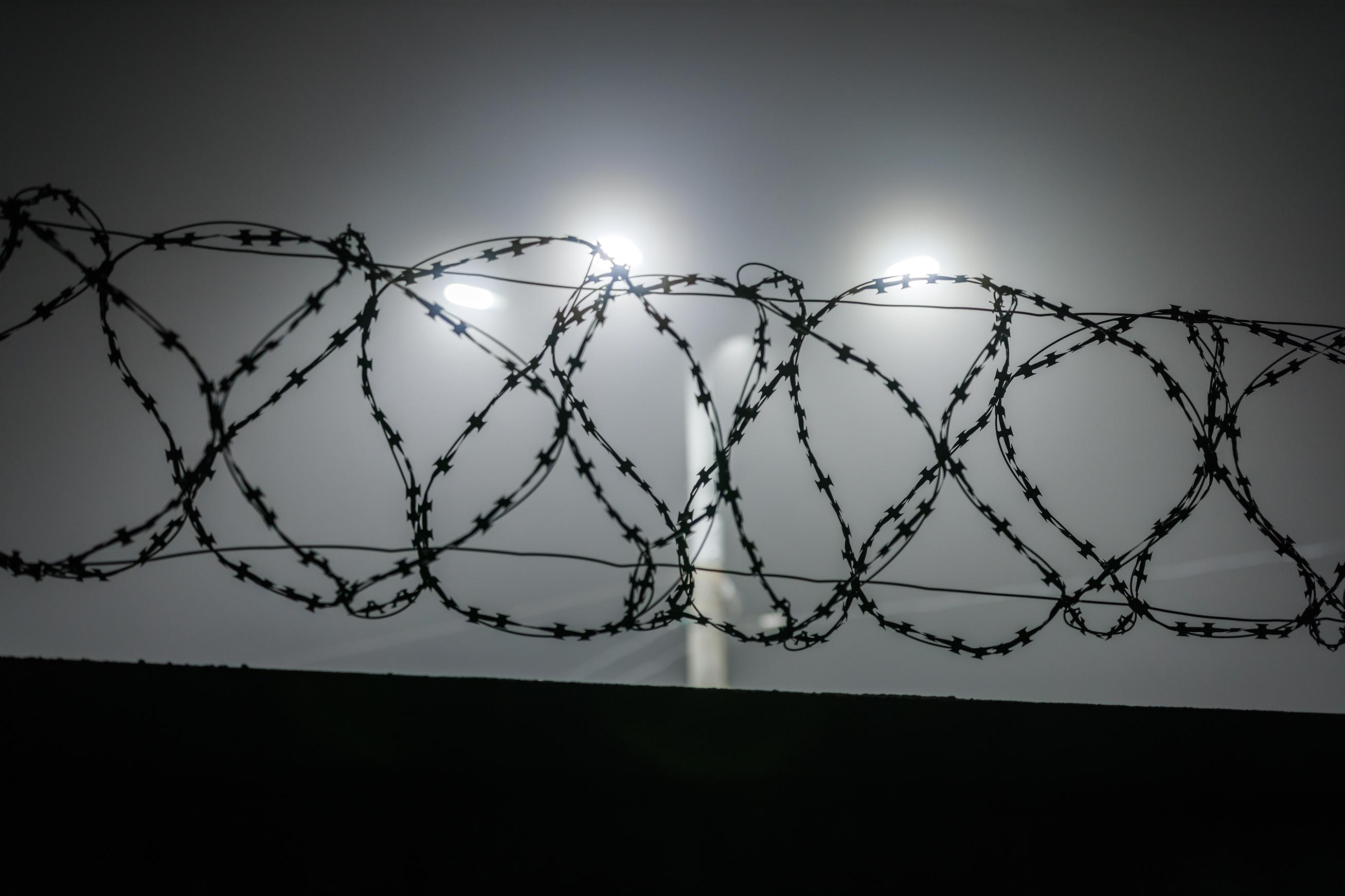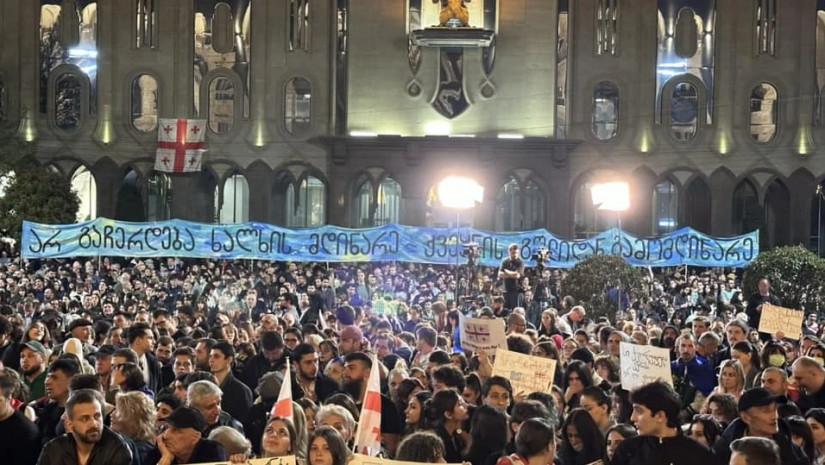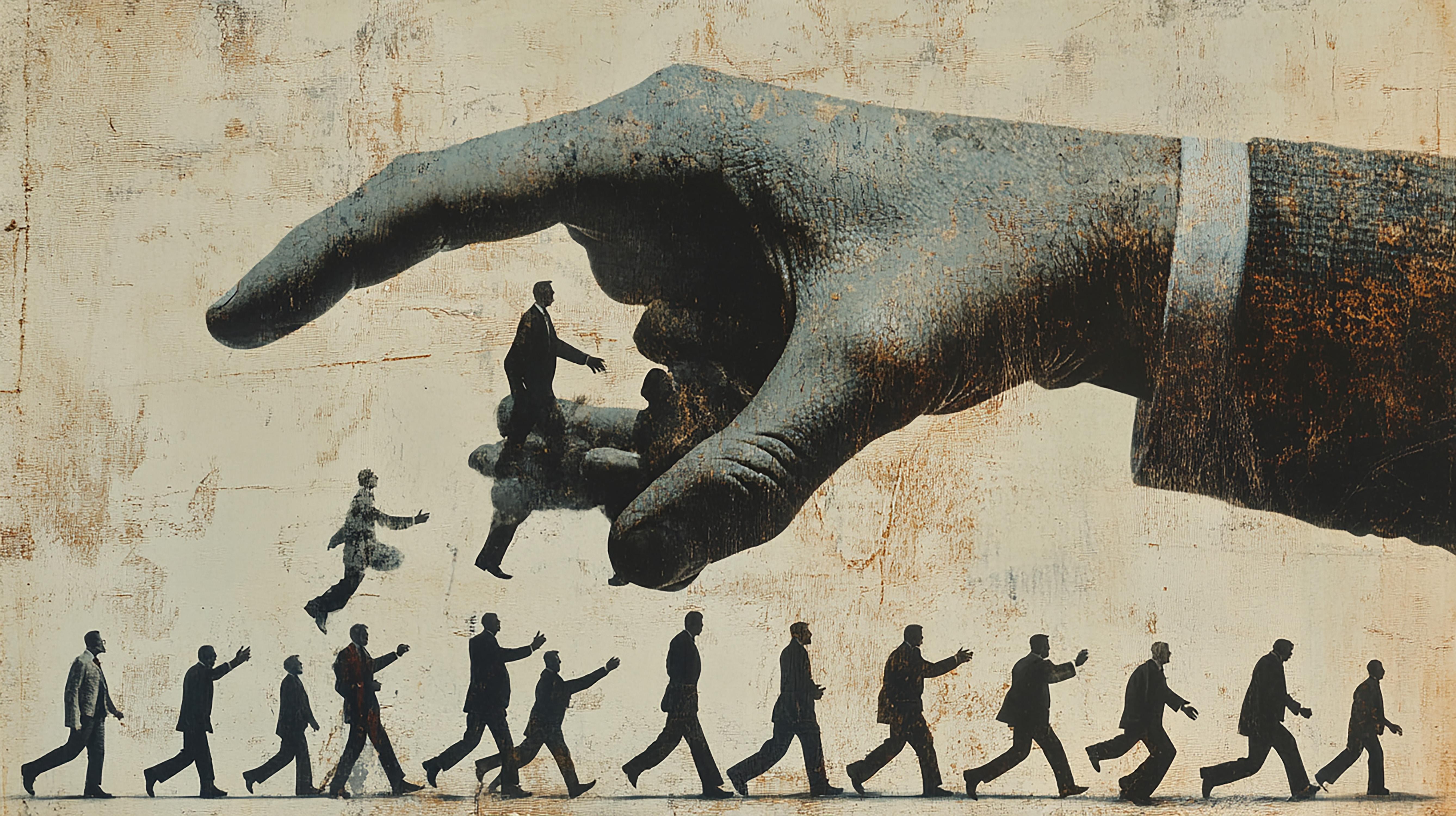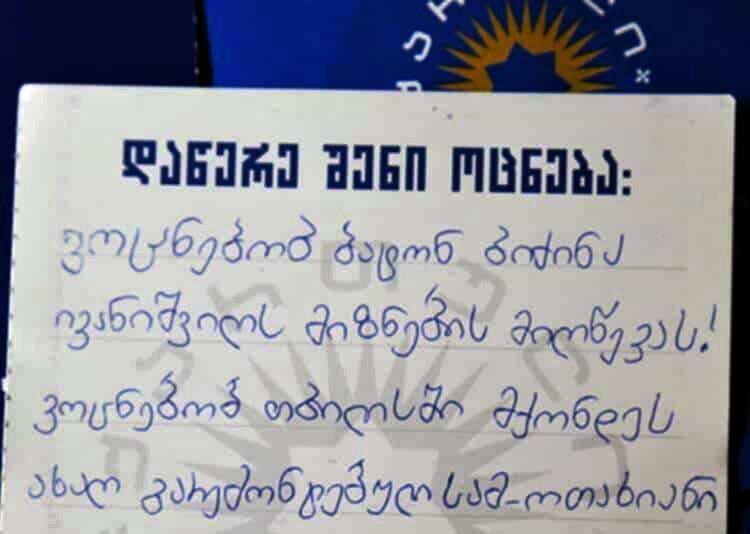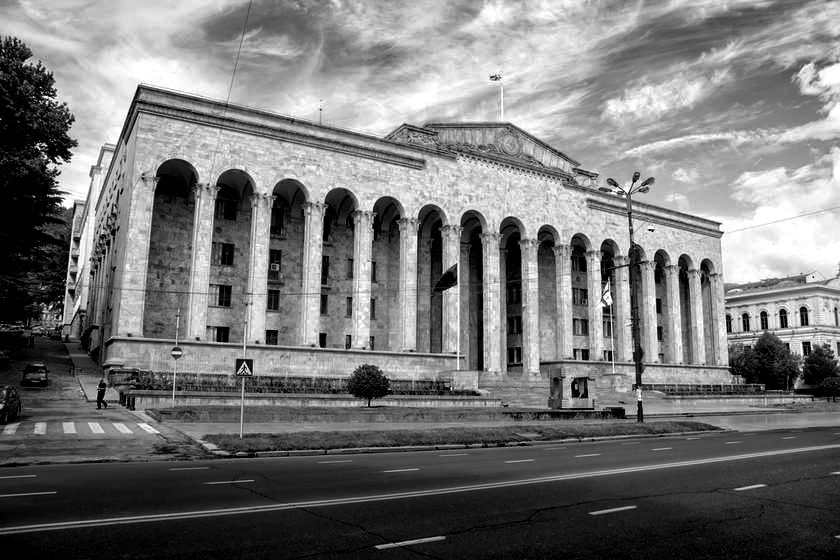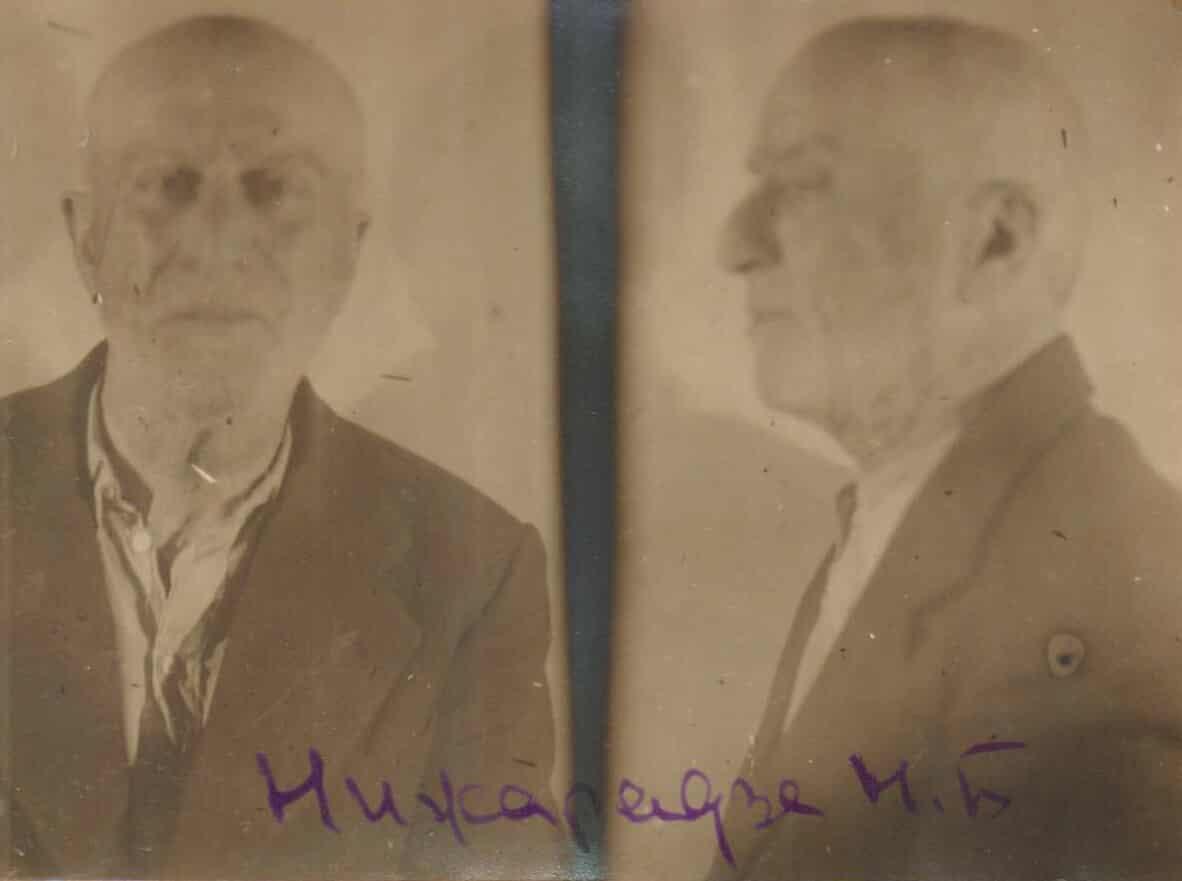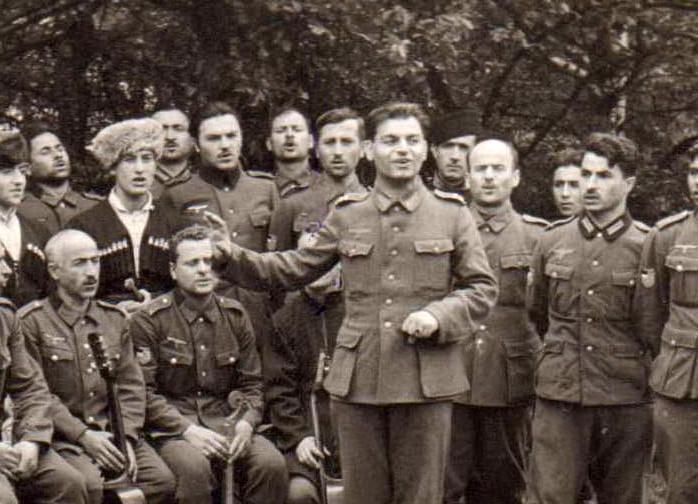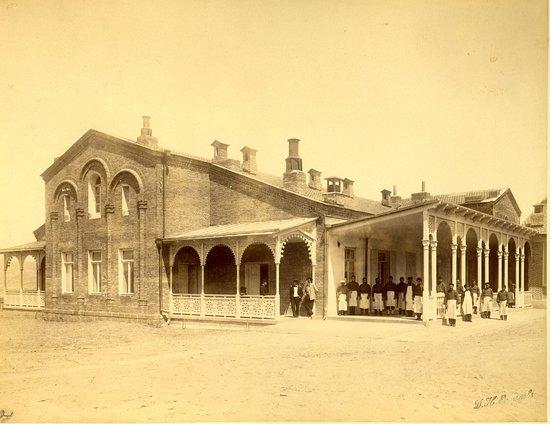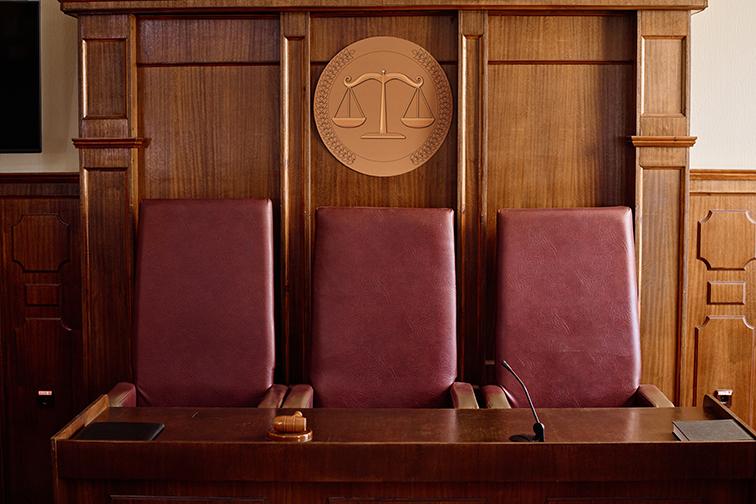Author : Alexi (Buka) Petriashvili
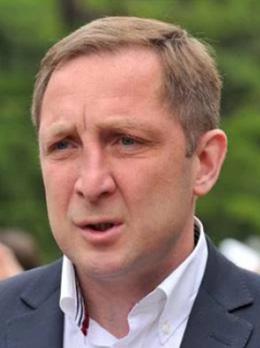
At first glance, the main addressee of the question posed in the headline is Ukraine. For those who deliberately spread propaganda about the destruction and extermination of Ukraine (‘the people are all finished; what have President Zelensky and the deep state done to poor Ukraine?’, etc.), Ukraine is the only ‘respondent’. These questions have, in principle, been answered at various times and in various circumstances by world leaders, politicians, and prominent public figures. However, let us attempt to compile a comprehensive list of individuals who, in my opinion, are accountable for these issues, to gain a clearer understanding of who is fighting for what.
Ukraine:
Ukraine is obviously the main focus because Putin’s Russia invaded its territory in 2014 and continues to wage war there to this day. A significant part of the country’s territory (20%) has been occupied by Russia, which claims it as its own. Ukraine truly surprised the world in 2022 when Russia launched the largest act of aggression on a European country’s soil since World War II. According to various forecasts, Kyiv was supposed to fall within 3 days to 3 weeks. Zelensky was expected to flee abroad into exile with his government and family, and Russia was supposed to re-establish dominance over all of Ukraine by installing a puppet regime loyal to Moscow.
Only a few weeks had passed since the start of the full-scale aggression when my friends and I arrived in Kyiv. The main assault on Kyiv and its surroundings had already been repelled, and the centre of Kyiv was very slowly and cautiously returning to some semblance of normal life. While visiting one of the newly reopened cafés for lunch, a young waiter smiled and told us: ‘Russians were supposed to be sitting in your place right now; they had reservations for the entire cafe for March 8th.’
It didn’t work out; Ukrainian soldiers told us that they were defending their families and their land and would continue to do so at the cost of their lives until victory was achieved. Georgian soldiers immediately added that they were fighting not only for Ukraine, but also for the future of Georgia. Ukrainian President Volodymyr Zelensky often notes, and quite rightly so, that this war is not only for the existence and survival of Ukraine as a state and nation, but also for the long-term security of Europe and the world. This war was brought to Ukrainian territory by Putin’s Russia under completely fabricated pretexts, as if Ukraine were on the verge of joining NATO and that hypersonic weapons were going to be stationed on its territory. Unfortunately, this was nowhere near the truth (now, both are much more realistic).
Fortunately, Ukraine has withstood the aggression and continues to do so despite delayed or stalled international aid. Not only has it endured, but it is also prepared to fully move military operations onto Russian territory, provided there is continuous support and cooperation, especially concerning the military-industrial complex. Even without moving operations into Russia, Ukraine would have had much greater success in the war against Russia were it not for Putin’s successful blackmail of the West with the threat of using nuclear weapons.
With the exception of an apocalyptic turn of events involving Russia’s use of nuclear weapons and the outbreak of a third world war, it can now be said with confidence that Ukraine will eventually become an inseparable part of democratic Europe and the Euro-Atlantic space. Ukraine’s membership in the European Union and NATO is inevitable. It will serve as the strongest and most resilient shield on Russia’s borders—even Russian propagandists operating in Georgia concede that Ukraine has the strongest army, forged in battle with Russia—and will play a pivotal role in bolstering long-term security and stability. Here, I will reiterate the words of the heroic Georgians and echo the sentiment of the majority of Georgian society: this war is also of vital importance for Georgia. More precisely, Ukraine’s victory and the defeat of Putin’s Russia would guarantee Georgia’s long-term development and security.
Europe
As I have said before, Ukraine is fighting not only for its own well-being, existence, and survival. We have heard many world leaders make statements on this subject. ‘If we are not going to help Ukraine, we should start learning Russian,’ said NATO Secretary General Mark Rutte. ‘This is not only about the future of Ukraine, but also an existential question for Europe as a whole,’ British Prime Minister Keir Starmer has repeatedly noted in his speeches. ‘Russia’s defeat in Ukraine is crucial for Europe’s security,’ said French President Macron.
Compared to the first days and months of the war, Europe—especially Germany, Great Britain, Poland, and France—can’t really be faulted. On the contrary, if it weren’t for their aid alongside the U.S., Ukraine certainly couldn’t have withstood the fight against Russia on its own. However... to be honest, I find the phrase, ‘We will help Ukraine for as long as it takes,’ very painful. Aside from the three Baltic states and Poland, who declared from the beginning that everything must be done to defeat Russia, the democratic world still gave us a feeling of being short-changed in the initial stages; a lack of readiness to see the fight through to the end was evident.
Although the rhetoric has shifted somewhat, there is still no firm belief, demonstrated through action, that Russia must be defeated. There is no conviction that Putin only respects force and that it will only be possible to bring him to the negotiating table and compel his capitulation by gaining a significant advantage. Putin’s Russia cannot be defeated while there is constant uncertainty, with the hope of using long-range German missiles appearing one day, only to fade, and then reappearing in a different form or as a rumour.
I don’t even want to think about how long it took to reach an agreement on supplying aircraft, especially tanks. Any European leader would openly admit that, without American weaponry and intelligence, Europe would face great difficulty in defeating Russia. However, when the issue of selling American weapons to Ukraine arises, resistance emerges immediately. We understand the specifics of global politics, but can anyone explain to Ukrainian children, women, the elderly and heroic soldiers why an agreement cannot be reached on the timely purchase and delivery of 155 mm shells or Patriot systems to Ukraine?
Ukraine’s heroic struggle has prompted NATO member countries to adopt a resolute stance on the issue of granting Ukraine and Georgia NATO membership. Had this decision been made in 2008, Russia’s aggressive actions in 2008 and 2014 could potentially have been prevented. Furthermore, NATO allies often emphasise that the accession of Ukraine, Georgia, and Moldova to NATO would prevent new Russian aggression, not only against these prospective members, but also against its current, smaller member states. It is highly unlikely that any NATO member state’s intelligence or military analytical service would claim otherwise: if Russia succeeds in Ukraine, it will inevitably continue its aggressive actions against other European countries, primarily the three Baltic states. Therefore, it should be clear what Europe must do to secure victory in Ukraine and defeat the Putin regime.
In my humble opinion, both Europe and the United States must first overcome their fear or apprehension regarding Putin’s potential use of nuclear weapons. They should take every measure to paralyse the Russian economy, use the frozen Russian reserves in European banks to purchase weapons for Ukraine and support its reconstruction, and facilitate Ukraine’s, as well as Georgia’s and Moldova’s, full integration into the European Union and NATO. Only by displaying a clear and unwavering commitment through concrete action can Europe and the Euro-Atlantic space ensure their long-term security.
The USA
It is difficult to disagree with President Zelenskyy’s statement that the previous U.S. administration could have done more, but without President Biden, Ukraine would not have received even the aid it has.
So, what is happening now under the Trump administration? By the time the reader sees this article, I hope (with cautious optimism!) that President Trump will already have made a decision to impose new, ‘devastating’ sanctions against Russia. I also hope that all issues between Europe and the U.S. regarding the purchase of American weaponry for Ukraine will have been resolved by then, and that the US will continue to provide Ukraine with satellite intelligence without hindrance.
Historically, it is not new for the U.S. to distance itself from European wars, but now we are facing a different kind of challenge. The U.S. cannot abandon Europe in its fight against Russia if it wants to prevent China from dominating Southeast Asia. The U.S. needs the war in Ukraine to end with Russia’s defeat so that China does not have additional calculations regarding potential military actions against Taiwan (Mark Rutte states that China wants Europe and the U.S. to be maximally involved in the Ukraine war, so that it can have a free hand to attack Taiwan).
Donald Trump’s stated policy of not getting involved in ‘endless wars’ is understandable. However, if new agreements with Europe were fully activated, Donald Trump, as a good ‘dealmaker’, would find himself in a very advantageous position. European money would be spent on American production, making the defeat of Russia with American weapons much more realistic. He might even get his hands on a Nobel Peace Prize.
When we talk about the statements, decisions, and actions of leaders and leading politicians in the democratic world, we should always remember that they pay close attention to public opinion.
The same is true for providing weapons to Ukraine: without the continued, serious support of the American public for this issue, I doubt that Donald Trump and the vast majority of politicians, from both the Republican and Democratic parties, would have kept military aid to Ukraine and the use of tough measures against Russia as a top priority.
As for China, it is open about its desire for Ukraine to lose the war against Russia. However, it also claims that if China were involved, the war would have ended long ago with a Russian victory. While China doesn’t want Russia to be defeated, it also highly values the American and European markets. Therefore, it will try to maintain the conflict in Ukraine at a low boil by supplying Russia with semiconductors and acquiring its oil and natural resources profitably, while bypassing sanctions.
Iran and North Korea are integral parts of the axis of evil; they need the political and financial support of both Russia and China. Therefore, as long as they have the opportunity, they will always try to profit from this war, even if it costs North Korea the lives of its citizens.
And finally,
Russia
Russia can only keep its cannon fodder on the front lines by offering them high salaries. At this pace, however, it would take 84 years to conquer all of Ukraine. Now, imagine tens or even hundreds of thousands of Russian soldiers returning home with no prospects, their psyches burdened by the trauma of war, especially the trauma of a lost war. This is one of the nightmarish scenes that haunts Putin. This also explains why he has not yet declared a general mobilisation. Doing so across the entire country would be very risky and disadvantageous for maintaining internal political stability, as history has shown.
Unfortunately, in the first years of the full-scale war, Russia genuinely managed to shift its economy to a war footing and thereby avoided a collapse. However, concerns about impending difficulties for the Russian economy and businesses are growing louder, especially when they are voiced by officials or businesspeople close to the government. In fact, no one can deny anymore that the country’s economy is entering a crisis. This might not lead to a rapid collapse, but it certainly signals growing problems for Putin and increasing dissatisfaction among the population.
Therefore, Putin is engaged in a battle of endurance to persuade the democratic world to accept terms that are favourable to him and disastrous for Ukraine. In my opinion, this is impossible. Therefore, Putin is actually fighting for his own survival. However, if we look at the long term and weigh up the economic capabilities of the parties, Vladimir Putin is doomed to lose this war and face his political end. If he stops now, it will become clear that he has failed to achieve the goals of the ‘special operation’ while having sacrificed more than a million people to this war; if he does not stop, the outcome will be the same in the near future, but with an even worse economic and financial situation.
Putin thought he was fighting to restore his great dream—the Russian Empire and the Soviet glory of Stalin’s time—and that this is how he would go down in history.
It has turned out that he is fighting to save his own skin. This is what happens after staying for 25 years in power and in a bunker.
Glory to Ukraine! Glory to the heroes!
